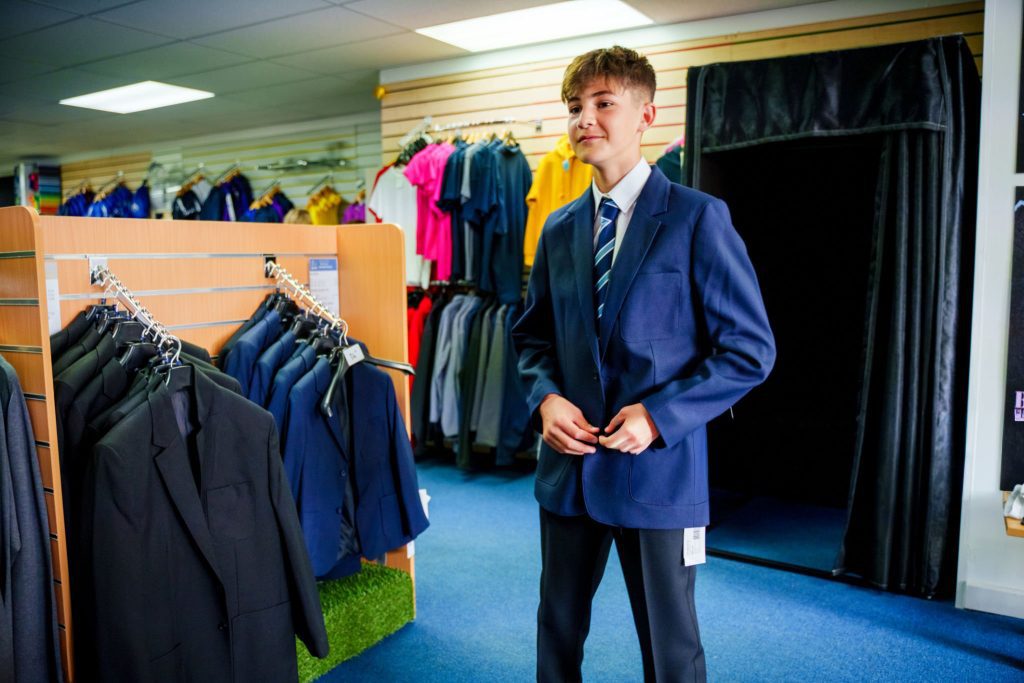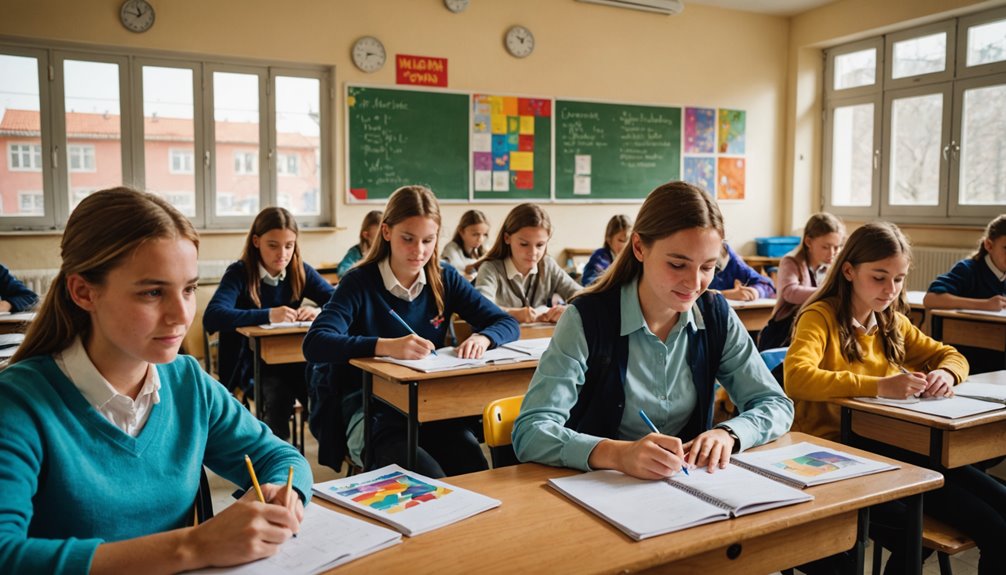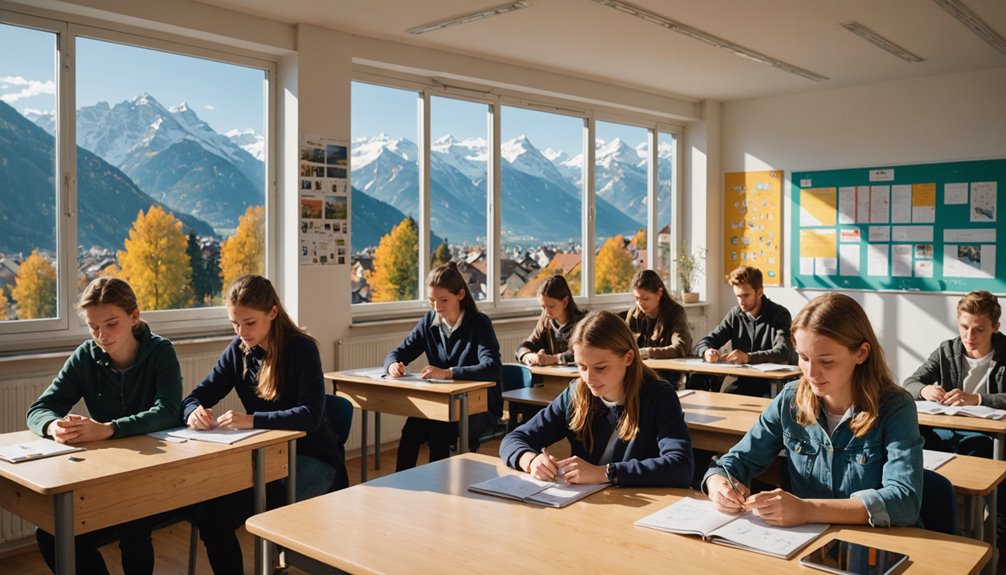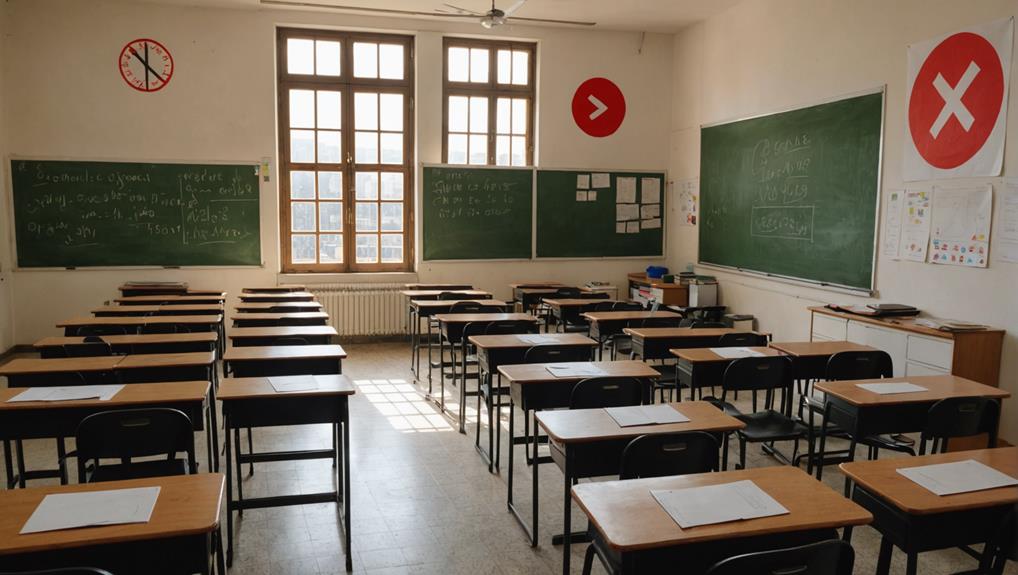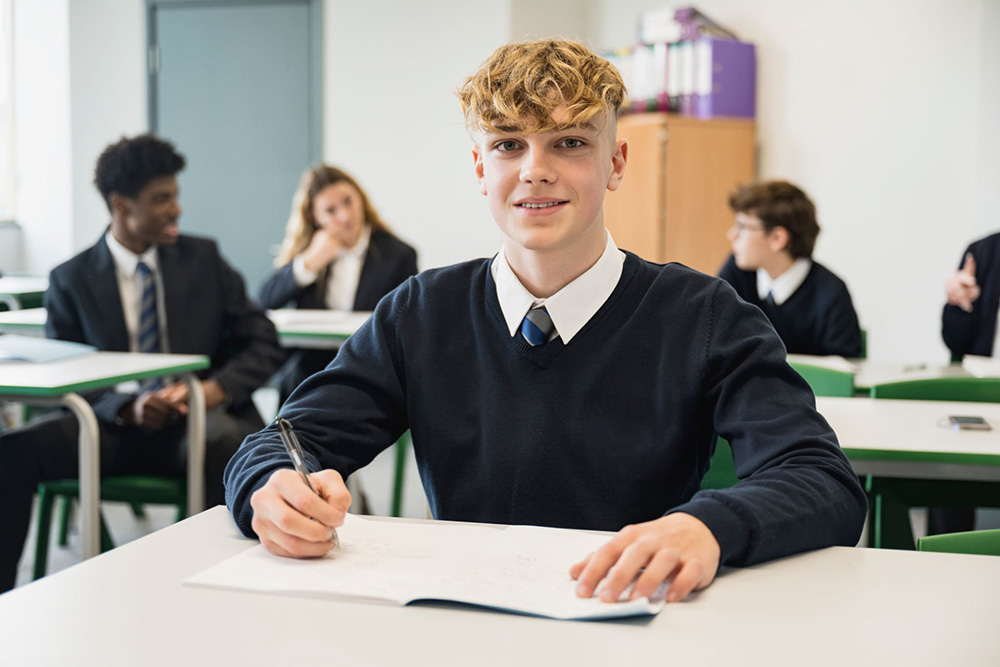The recent implementation of a mobile phone ban in Swedish schools has sparked a significant shift in the educational landscape, fostering a more focused and engaging learning environment. This policy, designed to curb distractions and enhance academic performance, has already shown promising results, particularly in improving student concentration and achievement in core subjects. However, as with any widespread change, the ban has not been without its challenges and controversies. What are the broader implications of this policy, and how do they align with or differ from global educational trends?
Key Takeaways
- The ban has led to improved student concentration and reduced classroom distractions.
- Enhanced academic performance, notably in reading and mathematics, has been observed.
- The ban promotes a healthier balance between digital engagement and real-life interactions.
- There is increased parental and teacher support for the ban due to its positive impact.
- The need for updated teacher training programs has risen to sustain the improvements.
Mobile Phone Ban in Swedish Schools
In Swedish schools, the use of smartphones has become a contentious issue. The Swedish government has noted that a significant number of students (about 30%) are distracted by mobile phones during lessons, prompting a move towards stricter regulations. Recently, Sweden’s Tidö parties agreed on a policy to ban cell phones in primary schools during class and breaks to improve student concentration and learning. To enforce this, schools are implementing various methods, including collecting phones at the beginning of the day or using locking phone pouches. This shift reflects a broader trend to revert to more traditional, analogue teaching methods to enhance educational outcomes.
The decision to ban mobile phones in schools stems from growing concerns about their impact on students’ concentration and overall academic performance. Numerous studies have highlighted the adverse effects of mobile phone usage during lessons, leading to calls for stricter regulations. Swedish authorities believe that by eliminating this source of distraction, students can engage more fully with their studies and improve their educational outcomes.
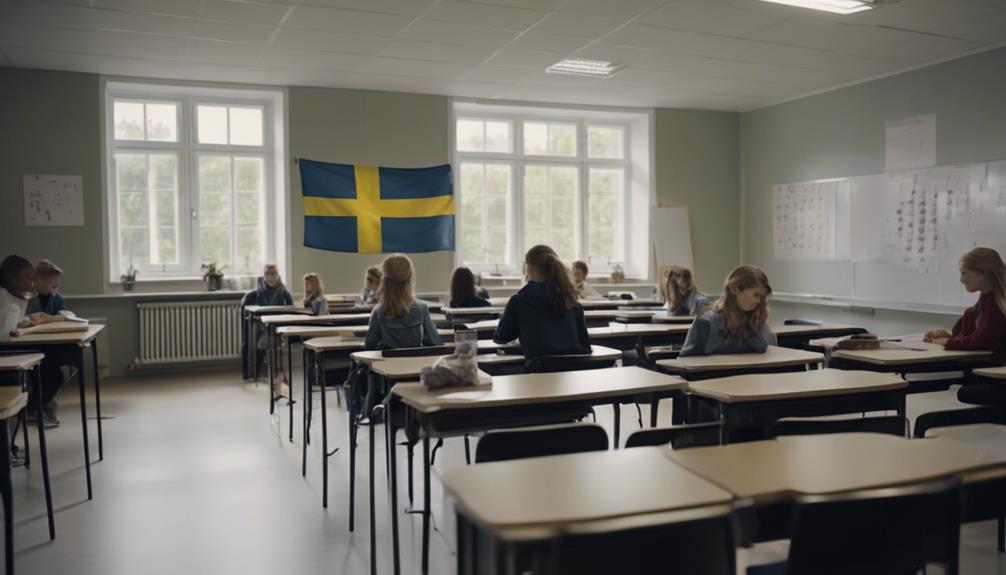
Rationale Behind the Ban
The rationale behind the mobile phone ban in Swedish schools is rooted in empirical evidence highlighting the detrimental impact of excessive phone usage on student concentration and academic performance. Research indicates that smartphones serve as potent classroom distractions, notably reducing student engagement and leading to lower educational outcomes. The ban aims to mitigate these issues and foster an environment conducive to learning.
Key reasons for the ban include:
Enhanced Academic Performance: Studies show that removing phones from classrooms can lead to marked improvements in student grades and standardized test scores, such as those from the Programme for International Student Assessment (PISA). PISA 2022 results show a decline in academic performance among 15-year-olds in Sweden and other Nordic countries, prompting concern from educational authorities.
Reduction of Classroom Distractions: Mobile phones are a constant source of interruptions, diverting attention away from instructional activities and peer interactions, thereby hindering the learning process.
Increased Student Engagement: By eliminating the temptation of smartphones, students are more likely to participate actively in classroom discussions and collaborative learning tasks, enhancing their overall educational experience.
Optimized Technology Integration: The ban encourages the use of controlled, educationally beneficial technologies, ensuring that digital tools are integrated into the curriculum thoughtfully and purposefully, rather than as occasional distractions.
Perspectives
Different stakeholders in the Swedish education system offer varied perspectives on the mobile phone ban, reflecting a spectrum of opinions informed by empirical data and educational philosophies. Parental concerns primarily revolve around the potential distraction mobile phones pose, with many parents supporting the ban to enhance focus and promote real-life interactions among students.
Conversely, student reactions are mixed; while some acknowledge improved concentration, others express frustration over losing a key communication tool. Teacher perspectives are largely positive, with educators reporting fewer disruptions and more engaged classrooms. However, they also highlight technological challenges, such as the need for alternative digital tools to facilitate certain educational activities previously conducted on mobile devices.
The logistical aspect of collecting and storing phones presents an additional layer of complexity. From an academic standpoint, preliminary data suggest the ban may mitigate negative academic consequences associated with excessive phone use, such as declining Pisa test scores. Nonetheless, the broader impact on student learning and digital literacy remains to be fully understood.
This diverse range of perspectives underscores the multifaceted nature of the mobile phone ban and the need for ongoing evaluation to balance educational innovation with practical realities.
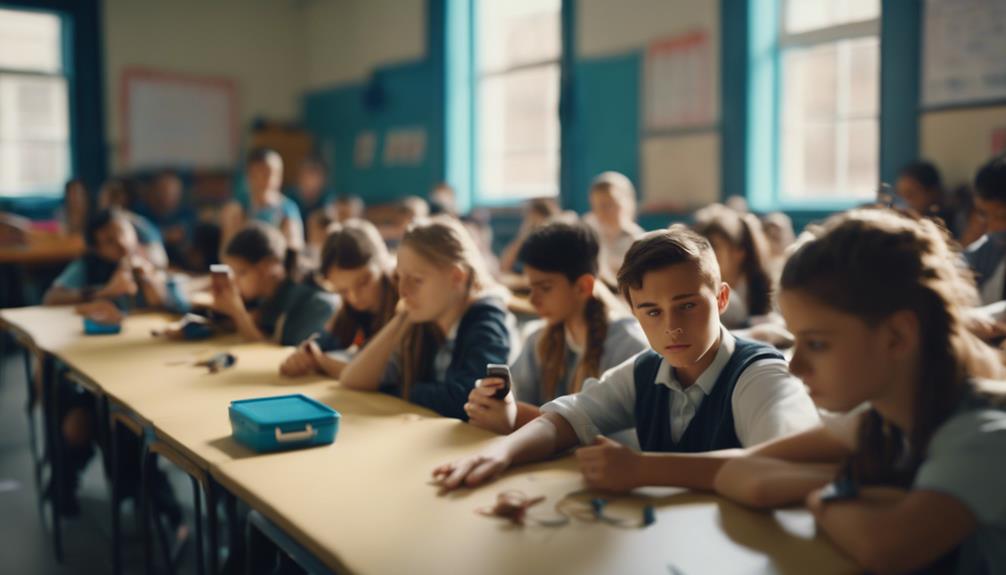
Impact
Analyzing the impact of the mobile phone ban in Swedish schools reveals significant improvements in student concentration and classroom engagement, supported by preliminary data. The initiative, aimed at enhancing academic performance, has led to noticeable changes in the educational environment.
Initial observations indicate:
Improved Student Concentration: Without the disruptions of mobile phones, students are more focused during lessons, contributing to a more productive learning atmosphere.
Enhanced Academic Performance: Early assessments suggest a correlation between reduced mobile phone usage and better academic results, particularly in reading and mathematics.
Effective Digital Detox: The ban promotes a healthier balance between digital engagement and real-life interactions, fostering better social skills among students.
Increased Need for Teacher Training: To sustain these improvements, teacher training programs are being updated to equip educators with strategies to manage classrooms effectively without relying on digital devices.
These changes align with global trends where countries are re-evaluating the role of technology in education. The Swedish approach, supported by amendments to the Education Act, underscores the potential benefits of minimizing digital distractions to enhance learning outcomes. As schools continue to adapt, ongoing monitoring will be essential to validate these early successes and refine implementation strategies.
Comparisons with Other Countries
Several nations, including the Netherlands and New Zealand, are evaluating the potential benefits of implementing similar mobile phone bans in educational settings to address digital distractions and enhance student performance.
International comparisons reveal diverse approaches to managing technological interruptions in classrooms. For instance, France has already enacted legislation prohibiting mobile phones in schools, citing improvements in student concentration and social interactions.
The policy implications of these bans are substantial, influencing educational strategies worldwide. In Australia, some schools have independently adopted mobile phone restrictions, reporting increased focus and academic engagement among students. Conversely, countries like the United States exhibit varied stances, with local districts determining their own policies, reflecting the decentralized nature of their education system.
Balancing technology in education remains a critical consideration. While some view these bans as necessary to restore classroom order, others argue for a technological balance that integrates digital tools to enhance learning. Student perspectives often highlight the need for moderated, rather than outright banned, mobile phone usage, advocating for responsible digital citizenship as part of their education.
Ultimately, the efficacy of mobile phone bans depends on contextual factors and the ability to adapt educational strategies to foster both academic achievement and digital literacy.
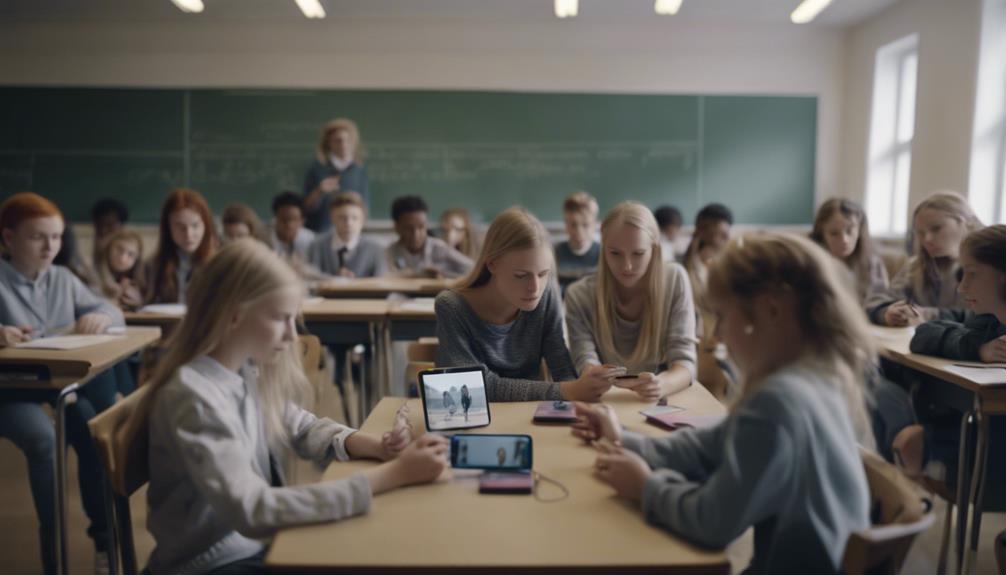
Frequently Asked Questions
How Will the Ban Be Enforced During After-School Activities?
The ban will be enforced during after-school activities through extracurricular monitoring, ensuring compliance during sports practice, study groups, tutoring sessions, and club meetings. This systematic approach aims to maintain focus and enhance overall student engagement and performance.
Are There Any Exceptions for Students With Medical Needs?
The policy implementation includes medical exemptions to address accessibility concerns and student accommodations. Parental concerns are considered, ensuring necessary devices are permitted for medical needs, thereby balancing policy enforcement with individual health requirements.
Will There Be Designated Areas for Phone Use During Breaks?
Designated zones for phone use during break times could mitigate distractions and promote social interaction. This approach supports mental health, enhances communication skills, and encourages outdoor activities, thereby balancing screen time with educational benefits and peer interaction.
How Will the Ban Affect Students’ Emergency Communication?
Ironically, in an era of hyper-connectivity, students’ emergency communication will hinge on archaic methods. Parental communication and safety concerns will necessitate robust emergency protocols, while eliminating academic distractions may foster greater student responsibility and situational awareness.
What Are Parents’ Roles in Supporting the Ban?
Parental involvement is essential in supporting the ban by setting boundaries and managing screen time. Emphasizing technology balance and digital detox, parents can foster communication strategies and device rules, enhancing education partnership and phone etiquette.
Conclusion
The mobile phone ban in Swedish schools, a paragon of modern educational reform, has ostensibly turned classrooms into sanctuaries of concentration and academic vigor. While some may lament the digital deprivation, data reveals enhanced performance in reading and mathematics, alongside improved real-life social interactions.
Perhaps other nations, enamored with their digital distractions, might take a leaf out of Sweden’s analogue book. After all, who needs distractions when genuine learning is at stake?




